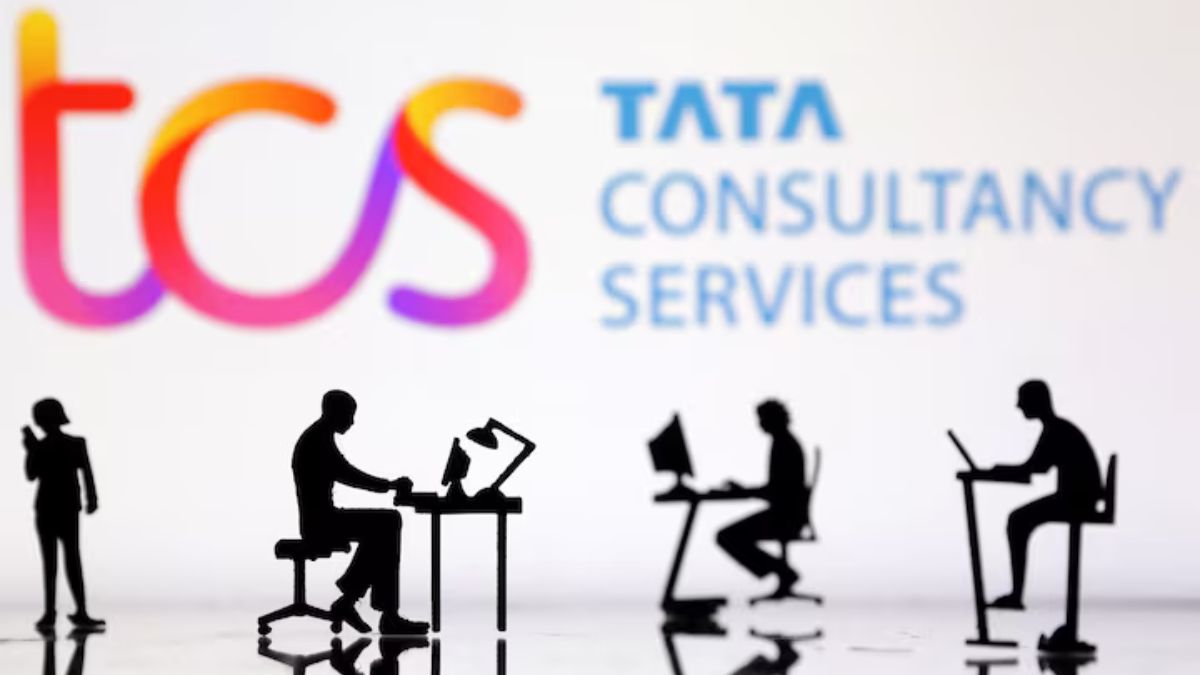Will TCS layoffs set a precedent for the Indian IT sector amid AI transformation?

It was one of the biggest jolts to the already struggling Indian IT services sector when TCS decided to lay off around 12,000 people. This roughly translates to around 2 per cent of its total workforce of more than 6 lakh employees.
This is the first of its kind in the Indian IT services industry when so many people will be laid off. The layoffs will primarily affect its middle and senior grade employees throughout FY 2025-26.
Many techies have decried that such a move was unheard of in the history of the company.
ALSO READ | Why is TCS laying off more than 12000 employees and who are likely to be affected in this workforce cut?
THE WEEK takes a look at the scenario, what kind of impact it might have on the future of the Indian IT services segment, and if other Indian companies might follow suit.
Experts point out that the TCS layoffs possibly herald structural shifts happening in the Indian IT services industry.
“AI has emerged as a major disruptor in this industry, particularly in roles involving repetitive tasks in software development, testing, and infrastructure management. This transformation is also redefining mid-management roles. Traditionally focused on coordination, monitoring, and people management, these roles are now being augmented or even replaced by intelligent systems,” explained Aditya Narayan Mishra, MD and CEO of CIEL HR.
He adds that amid macroeconomic pressures and increasing global competition, Indian IT firms are leaning on AI to optimise costs, enhance delivery, and remain globally competitive.
ALSO READ | Mass layoffs: Will global job cuts by Microsoft, IBM, Google, Meta, others affect Indians?
“Workforce rationalisation, as seen at TCS, may soon be echoed across the sector as companies rethink talent strategies in response to these structural shifts. At the same time there would be optimisation to deal with the uncertain environment and also because companies have started deploying AI tools at a scale,” added Mishra.
Experts point out that job losses are set to become a norm in the Indian IT services segment.
“Companies which have reorganised themselves into new verticals that embrace AI, while also upgrading existing talent, will see lesser layoffs. For TCS, 12k is still a lesser number and I expect these numbers to be larger in the days ahead. However, I do believe that there is more to job losses than AI alone, though human jobs are the fundamental food for AI,” remarked Harish Bijoor, Business and Brand Strategy Expert and Founder, Harish Bijoor Consultants Inc.
TCS has insisted that these layoffs are not just about AI efficiency gains, as their CEO K. Krithivasan has clarified that the layoffs address roles where redeployment wasn’t feasible—even after extensive upskilling.
“The focus is now shifting to output-based and outcome-based metrics, driven by AI integration, modular delivery, and expedited project timelines. Slower global IT demand, project delays, and clients pressing for 20–30 per cent price reductions have increased the urgency for more efficient, tech-centric delivery models. Analysts see this as pressure testing the old labour-heavy model," Priya Manoj, Managing partner Urjja told THE WEEK.
ALSO READ | India’s IT services sector in danger? TCS holds off on salary hikes, yet again
"TCS’ restructuring is more than just a 2 per cent reduction—it is a clear signal that AI isn’t eliminating jobs per se, but is replacing outdated roles and reshaping how work is valued and delivered. The era of headcount supremacy is waning. In its place is a model driven by efficiency, specialised outputs, and techno-centric delivery,” she added.
Going by the trend, it seems that the IT services segment is in an unstable and unpredictable position.
With deals not happening, in addition to geopolitical pressures, there are chances of further layoffs in the segment.
Earlier, mass layoffs were the norm in MNCs, not in the Indian IT services segment. As things unfold, it is going to be a bleak future for lakhs of techies working in the segment and the high aspiration that many had while joining the sector. The downturn may just be here to stay.
Business